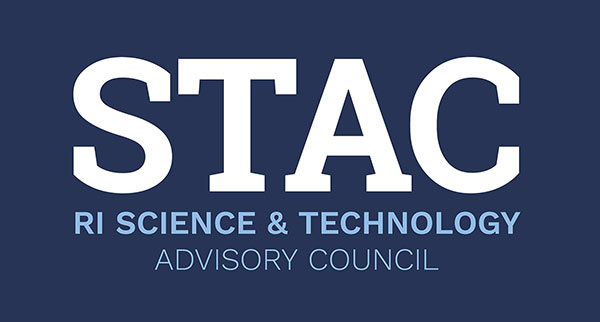Father Nicanor Austriaco, O.P., Ph.D.
Assistant Professor of Biology, Providence College
“I have the most amazing students in the world!” gushes Father Nic, pointing to a picture of his latest group of undergraduate researchers. His office is filled with framed pictures of students in the lab, at conferences, posing in graduation gowns; two large mascots-stuffed gorillas George and Hermit, who appear in many of the photos too-rest in the corner. Oh yes, and there are the requisite thick textbooks weighing down tall wooden bookcases, intricate scientific charts adorning the walls, and stacks of student papers covering every available surface, waiting to be graded.

Known to all of his undergraduate students as “Father Nic”, The Reverend Nicanor Austriaco is a Ph.D. in molecular biology, a Dominican Friar-and the young, hip professor every undergrad dreams of having for a teacher. He is the recent recipient of an R15 AREA Grant from the National Institutes of Health, which supports research projects in the biomedical and behavioral sciences in order to train future scientists. As an Assistant Professor of Biology at Providence College, Father Nic leads a team of students in the research of cellular apoptosis, or programmed cell suicide. Put simply, they investigate why cells do or don’t die when they are supposed to.
“Programmed cell suicide is important for two reasons: first of all, in the development of a human being. Space between the fingers, for example, is the result of cell death in those areas as a fetus develops. If those cells don’t die when they’re supposed to, the fingers end up being connected.
“The second reason programmed cell suicide is important has to do with the development of cancer cells. Cancer cells are cells that are supposed to die at a certain point but don’t-instead, they spread and kill people.”

His 15-person team, nicknamed the Dead Yeast Society, uses yeast cells to investigate how human cells live and die. Yeast cells are ideal stand-ins, Father Nic explains, because they behave remarkably like human cells. Plus, they reproduce, mature and age in a matter of days rather than years-a convenient consideration when working with undergraduates.
Make no mistake-these students are doing real research. Working in teams, with older students mentoring younger ones, they spend hours in the lab doing experiments. They write up their findings in scientific papers that are submitted to peer-reviewed journals. Their discoveries have real-world applications. One current experiment, for example, focuses on sulforaphane, a compound found in broccoli. It appears to play a role in causing apoptosis, and could be useful someday for cancer chemotherapy.

The NIH grant helps fund studies like these, as well as the purchase of lab equipment, travel to scientific conferences, and summer stipends. It will also fund the hiring of a post-doctoral teaching fellow, who will support and mentor the undergraduate scientists.
“Everything here is a team effort,” explains Father Nic. “There’s a very strong sense of community in this lab, and that’s an important aspect of scientific research. We‘re training and supporting our future scientists here, and science is such a communal discipline. It’s important that they learn to work together-with and for each other.”
